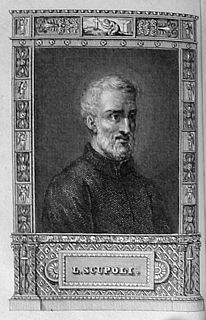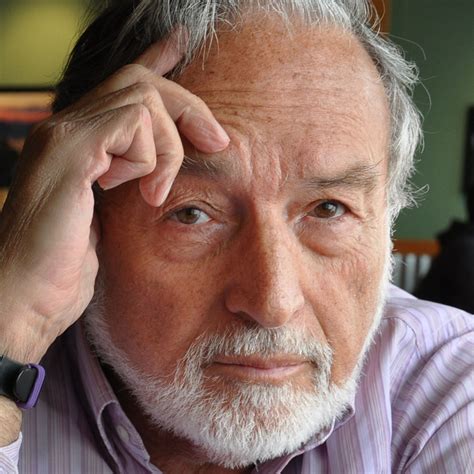A Quote by Francis Bacon
I knew a wise man that had it for a by-word, when he saw men hasten to a conclusion, "Stay a little, that we may make an end the sooner."
Related Quotes
No man is so foolish but may give another good counsel sometimes; and no man is so wise, but may easily err, if he will take no others counsel but his own. But very few men are wise by their own counsel; or learned by their own teaching. For he that was only taught by himself had a fool to his master.
I saw myself. . . in the time I watched, I saw strength and frailty, pride and vanity, courage and fear. Of wisdom, a little. Of folly much. Of intentions many good ones; but many more left undone. On this alas, I saw myself a man like any other. But this too I saw . . . Alike as men may seem, each is different as flakes of snow, no two the same.You told me you had no need to seek the Mirror, knowing you were Annlaw Clay-Shaper. Now I know who I am: myself and none other. I am Taran.
And I felt more like me than I ever had, as if the years I'd lived so far had formed layers of skin and muscle over myself that others saw as me when the real one had been underneath all along, and I knew writing- even writing badly- had peeled away those layers, and I knew then that if I wanted to stay awake and alive, if I wanted to stay me, I would have to keep writing.
... you must hasten to oppose pernicious pride of mind, before it penetrates into the marrow of your bones. Resist it, curb the quickness of your mind and humbly subject your opinion to the opinions of others. Be a fool for the love of God, if you wish to be wiser than Solomon: 'If any man among you seem to be wise in this world, let him become a fool, that he may be wise' (I Cor. 3:18).
Wherever primitive man put up a word, he believed he had made a discovery. How utterly mistaken he really was! He had touched a problem, and while supposing he had solved it, he had created and obstacle to its solution. Now, with every new knowledge we stumble over flint-like and petrified words and, in so doing, break a leg sooner than a word.
Much has been said of the loneliness of wisdom, and how much the Truth seeker becomes a pilgrim wandering from star to star. To the ignorant, the wise man is lonely because he abides in distant heights of the mind. But the wise man himself does not feel lonely. Wisdom brings him nearer to life; closer to the heart of the world than the foolish man can ever be. Bookishness may lead to loneliness, and scholarship may end in a battle of beliefs, but the wise man gazing off into space sees not an emptiness, but a space full of life, truth, and law.
A wise man will not leave the right to the mercy of chance, nor wish it to prevail through the power of the majority. There is but little virtue in the action of masses of men. When the majority shall at length vote for the abolition of slavery, it will be because they are indifferent to slavery, or because there is but little slavery left to be abolished by their vote. They will then be the only slaves. Only his vote can hasten the abolition of slavery who asserts his own freedom by his vote.
It is ignorance that is at times incomprehensible to the wise; for instance, he may not see 'the positive person' or 'the negative person' in a black and white way as many people do. A wise man may not understand it because, as a catalyst of wisdom, but not wise in his own eyes, even he can learn from and give back to fools. To think that an individual has absolutely nothing to offer to the table is counter-intuitively what the wise man considers to be 'the ignorance of hopelessness'.









































